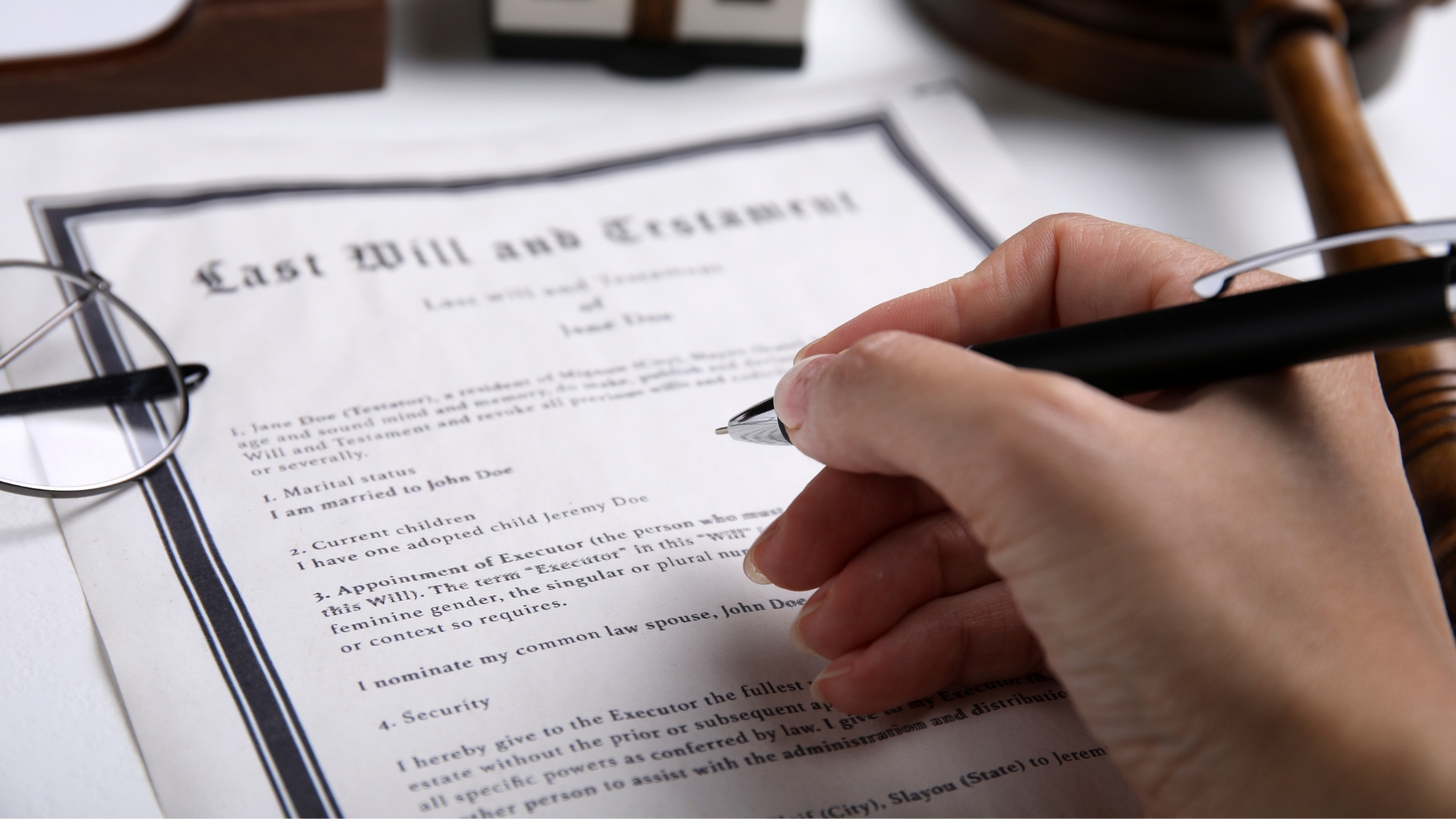
Probate is a crucial legal procedure that ensures the proper distribution of a deceased person’s estate. This formal process involves validating a will, if one exists, and administering the estate according to legal requirements. This comprehensive guide delves into the probate process, explaining each step and the role of key players involved.
What is Probate?
Probate is the formal legal process that occurs after an individual’s death. It involves validating the decedent’s will (if one exists), identifying and appraising the deceased’s assets, settling any debts and taxes, and distributing the remaining assets to the rightful beneficiaries. The process ensures that the decedent’s wishes are honored and that the estate is administered according to the law.
Key Steps in the Probate Process
1. Filing the Probate Petition
The probate process begins with filing a petition with the probate court:
- Petition for Probate: This document requests the court to recognize the will (if one exists) and appoint an executor or personal representative to manage the estate.
- Notification:The court notifies interested parties, including heirs and beneficiaries, about the probate proceedings.
2. Validating the Will
If there is a will, the court must validate it:
- Proof of Validity: The executor submits the will to the court, and it is reviewed to ensure it meets legal requirements.
- Will Contest:Interested parties may challenge the will’s validity, leading to a potential court battle if disputes arise.
3. Appraising and Managing Assets
Once the will is validated, the focus shifts to managing the estate’s assets:
- Inventory: The executor or personal representative creates a detailed inventory of the deceased’s assets, including real estate, bank accounts, investments, and personal property.
- Appraisal:The assets are appraised to determine their value, which is essential for settling debts and distributing the estate.
4. Settling Debts and Taxes
Before assets can be distributed, any outstanding debts and taxes must be settled:
- Debt Settlement: The executor reviews and pays any outstanding debts or claims against the estate, ensuring that all creditors are paid.
- Tax Obligations:The executor prepares and files necessary tax returns for the estate, including any federal and state estate taxes.
5. Distributing the Estate
After settling debts and taxes, the remaining assets are distributed:
- Final Accounting: The executor prepares a final accounting of all transactions, including the payment of debts, taxes, and the distribution of assets.
- Distribution:The assets are distributed to the beneficiaries as outlined in the will or according to state law if there is no will.
6. Closing the Estate
The final step involves formally closing the probate case:
- Final Report: The executor submits a final report to the court detailing the distribution of assets and the completion of all probate tasks.
- Court Approval:Once the court approves the final report, the probate process is officially closed, and the executor’s responsibilities end.
The Role of Key Players in Probate
1. Executor or Personal Representative
- Duties: The executor is responsible for managing the estate, including filing the probate petition, managing assets, paying debts and taxes, and distributing the estate.
- Appointment:The executor is typically named in the will. If there is no will, the court appoints an administrator to perform these duties.
2. Probate Court
Function: The probate court oversees the probate process, ensuring that the estate is administered according to legal requirements and resolving any disputes that arise.
3. Beneficiaries
Rights: Beneficiaries are individuals or organizations designated to receive assets from the estate. They have the right to be informed about the probate proceedings and to receive their share of the estate.
Benefits of the Probate Process
The probate process provides several benefits:
- Legal Validation: It ensures that the deceased’s will is validated and that their wishes are carried out.
- Debt Settlement: It provides a structured method for settling debts and taxes before distributing assets.
- Conflict Resolution: The probate court can address and resolve disputes that may arise during the administration of the estate.
Challenges and Considerations
While probate is essential, it can also present challenges:
- Time-Consuming: The probate process can be lengthy, often taking several months to years to complete.
- Costs: Probate may incur legal fees, court costs, and other expenses, which can reduce the value of the estate.
- Disputes: Conflicts among family members or with creditors can complicate the process, leading to delays and additional costs.
Conclusion
The probate process is a critical legal procedure that ensures the proper administration and distribution of a deceased person’s estate. Understanding each step, from filing the probate petition to closing the estate, can help in navigating this complex process. By recognizing the roles of key players and being aware of potential challenges, individuals can better prepare for and manage the probate process.